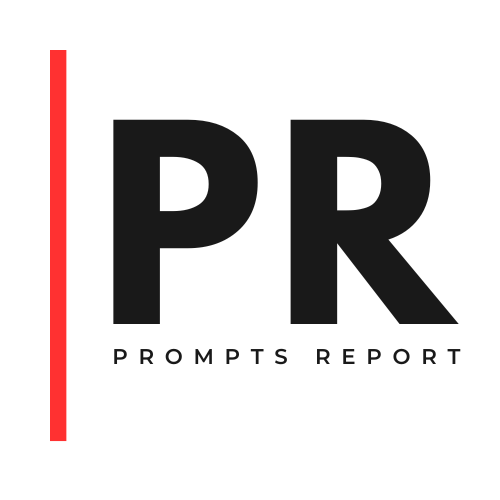Google and Universal Music's Negotiation Over AI 'Deepfakes' Aims to Transform Music Creation

A groundbreaking collaboration between tech giant Google and music powerhouse Universal Music Group (UMG) is poised to revolutionize the music industry. The two entities are currently in discussions to license artists' melodies and vocals for songs produced by artificial intelligence (AI), marking a pivotal moment in the evolving landscape of music creation.
Amid the rise of generative AI technology, a surge in the production of "deepfake" songs — tracks that convincingly mimic the voices, lyrics, or sounds of established artists — has prompted both excitement and concern across the music industry. The potential partnership between Google and UMG aims to provide a legitimate platform for fans to create these AI-generated tracks while ensuring proper compensation for copyright holders.
Universal Music Group, known for representing artists such as Drake, Ariana Grande, and Taylor Swift, intends to maintain the artists' right to choose whether to participate in this innovative endeavor. Similarly, Warner Music Group is reportedly exploring a similar avenue with Google, showcasing the music industry's growing interest in embracing AI-driven music creation.
The development of AI-generated music has prompted mixed reactions from artists. Some, like Grimes, have welcomed the technology and even extended permission for their vocals to be used in AI-generated tracks, with revenue-sharing arrangements in place. However, concerns have arisen, with notable artists like Drake expressing opposition to AI-produced music that replicates their unique style.
This collaboration also comes in the wake of heightened scrutiny over copyright issues and AI-generated content. Universal Music has previously urged streaming platforms to prevent unauthorized use of its music for training AI technology without proper permission or compensation.
While the discussions between Google and Universal Music are in the early stages, this potential partnership underscores the evolving nature of music creation and the creative opportunities that AI can offer. The initiative aligns with Google's drive to remain competitive in the AI arena, especially against rivals like Microsoft, which has made significant investments in AI models like GPT-4.
The outcome of these negotiations could significantly shape the future of music creation, bridging the gap between human artistry and AI innovation. As artists, tech companies, and music labels navigate this uncharted territory, the music industry stands on the brink of a transformation that could redefine the very essence of musical creation.





